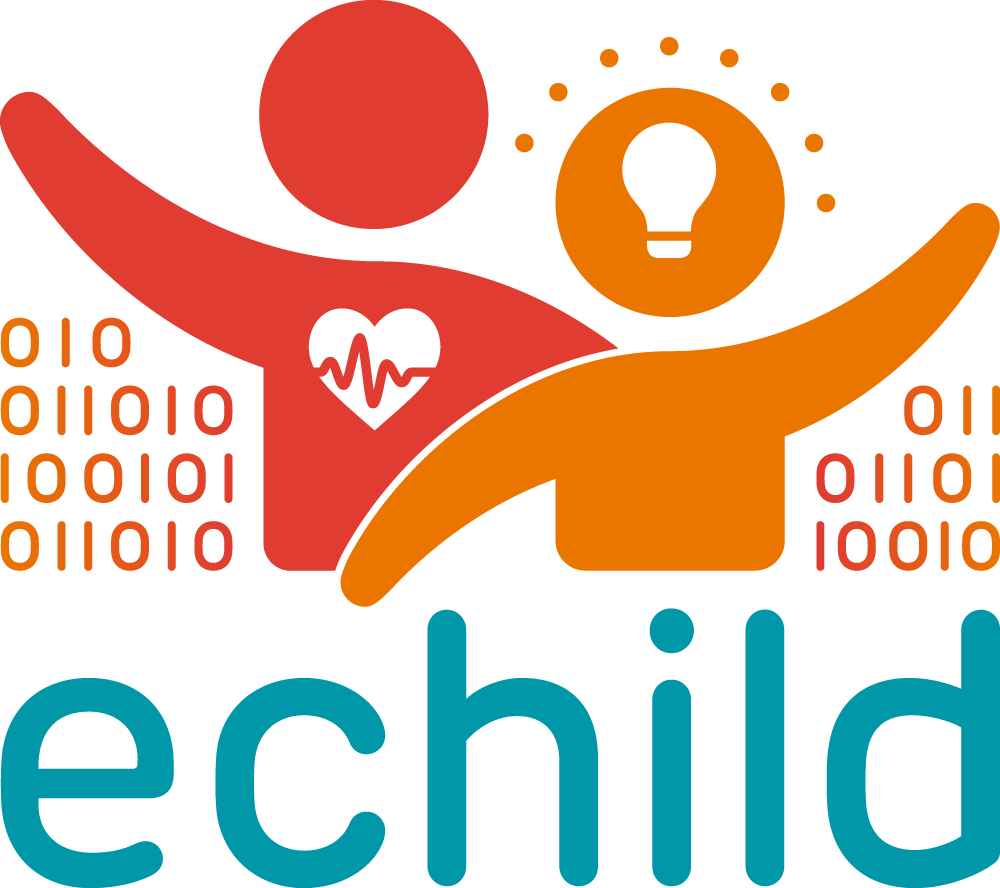
Assessing the impact of the COVID-19 pandemic on vulnerable adolescents
Young people have been indirectly affected by the COVID-19 pandemic through unprecedented disruptions to hospital health services. They experienced greater relative decreases in planned hospital care when compared with adults during this time, and it is likely that vulnerable groups were more affected than others. This study used linked administrative data in the ECHILD Database to examine changes in planned hospital care during the pandemic's first nine months. It compares a group of vulnerable adolescents, specifically secondary school pupils receiving special educational needs (SEN) support or children’s social care (CSC) services, with their peers.
The findings indicate that prior to the pandemic, this group of vulnerable adolescents had higher rates of planned hospital care compared with their peers. While there were large decreases in planned hospital care for all adolescents during the pandemic, the 21% of adolescents receiving SEN support or CSC services were disproportionately affected. They accounted for 25% of the decrease in outpatient attendances and 37% of the decrease in planned hospital admissions. Vulnerable adolescents were also less likely than their peers to have face-to-face outpatient care during the pandemic. The findings suggest a need for targeted ‘catchup’ funding and resources for child health, particularly for vulnerable children who were affected disproportionately. Further research is needed to assess the impact of treatment delays on children’s outcomes.
The study is completed. It was led by Prof Ruth Gilbert and was funded by DHSC through the NIHR Children and Families Policy Research Unit.
Key Publications:
L Mc Grath-Lone, R Gilbert, D Etoori, et al. BMJ ADC 2022.
Changes in hospital contacts during the COVID-19 pandemic among vulnerable children and young people:
L Mc Grath-Lone, D Etoori, R Gilbert, et al. NIHR Policy Research Unit
